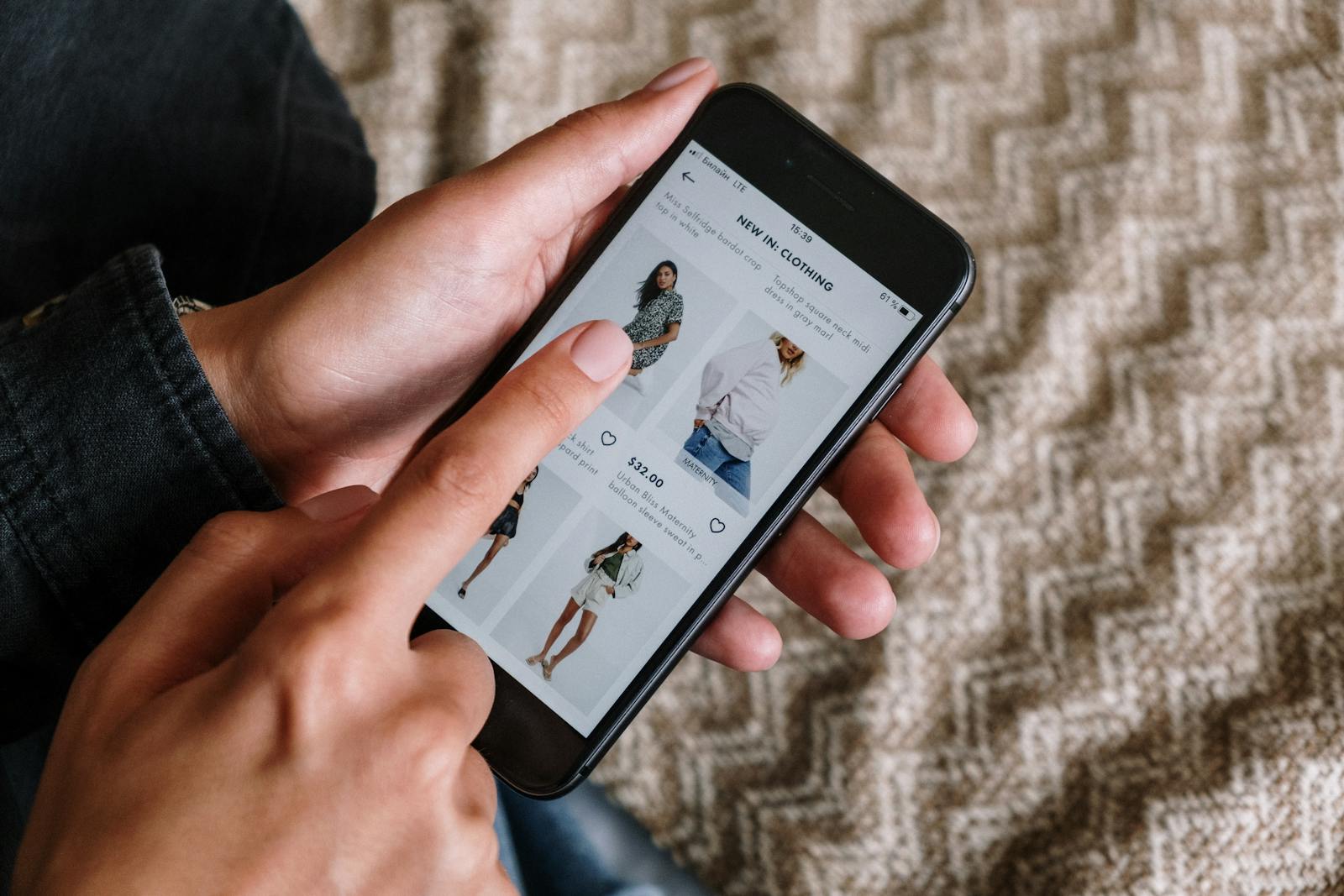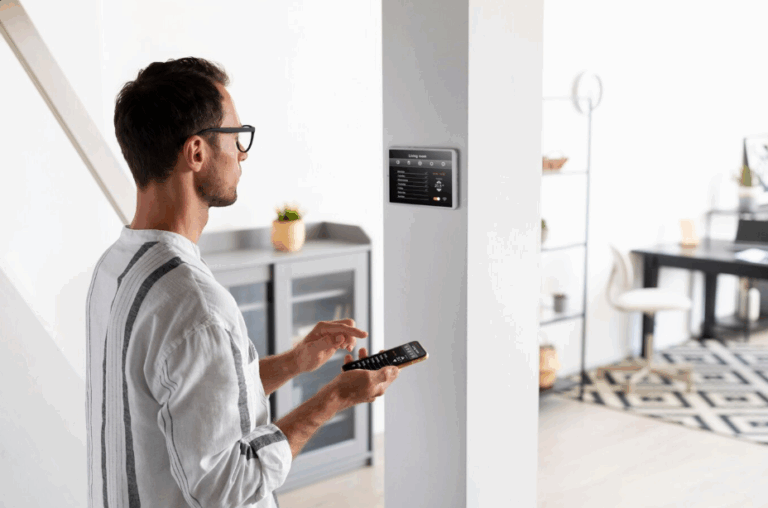Most websites nudge you to create an account before you buy. They promise faster checkouts, special offers, and order tracking. It sounds helpful—but it’s not always in your best interest.
Here’s the truth: skipping the account and choosing guest checkout can save you time, protect your privacy, and keep your inbox—and your data—clean.
1. Your Inbox Doesn’t Need Another Store
When you create an account, you’re also signing up for something else: endless emails. Stores use your login info to market to you relentlessly. Promotions, abandoned cart reminders, and “recommended just for you” spam can pile up fast.
Guest checkout avoids this trap. You give them just enough to process your order—no long-term commitment, no newsletter you forgot you agreed to. One and done.
2. Less Data Shared Means Less Risk
Every account you create is one more place storing your personal information. That means another potential target for hackers or data breaches. And it’s not just your name and email—it’s saved payment info, addresses, shopping habits, and more.
Guest checkout limits exposure. No password to remember, no data saved beyond the transaction, and no profile quietly tracking what you click. If a company you ordered from gets hacked later? You’re not on the list.
3. You’re Not Really Saving That Much Time
Retailers love to say accounts save you time. But in reality? Typing your name and address takes less than a minute. Most guest checkouts let you save shipping info with your browser anyway—no account needed.
Unless you’re buying from the same store often (like weekly grocery orders), the time saved is barely noticeable. And if you’re using autofill or mobile wallets, it’s even faster.
4. You’re Harder to Track
Websites use accounts to build a digital profile of you. What you look at, how long you spend on a page, what you leave in your cart—they connect the dots over time. That profile gets used for targeting, upselling, and sometimes even sold to data brokers.
With guest checkout, you’re a ghost. They can still track the session, but they can’t tie it to a long-term profile. That makes your behavior harder to predict—and your personal habits harder to exploit.
5. What About Tracking Orders?
This is the only real trade-off. With guest checkout, you don’t have a dashboard to log into. But most stores send detailed confirmation and tracking info by email. You still get shipping updates and return options—just without the account clutter.
Some stores even let you look up guest orders with your email and order number if needed. So in most cases, you’re not giving up much.
6. When You Should Make an Account
There are a few exceptions. If you’re part of a loyalty program, collecting rewards, or placing recurring orders, an account might make sense. Subscriptions, memberships, or anything with recurring billing also require accounts for a reason.
But for one-time purchases? Guest checkout wins.
In an age where online shopping is convenient but privacy is harder to protect, guest checkout is your quiet way of staying in control. It’s faster than you think, keeps your data safer, and avoids turning your purchase into a permanent profile.
Next time you’re ready to hit “buy,” skip the sign-up. Use guest checkout and shop like nobody’s watching—because that’s the point.







